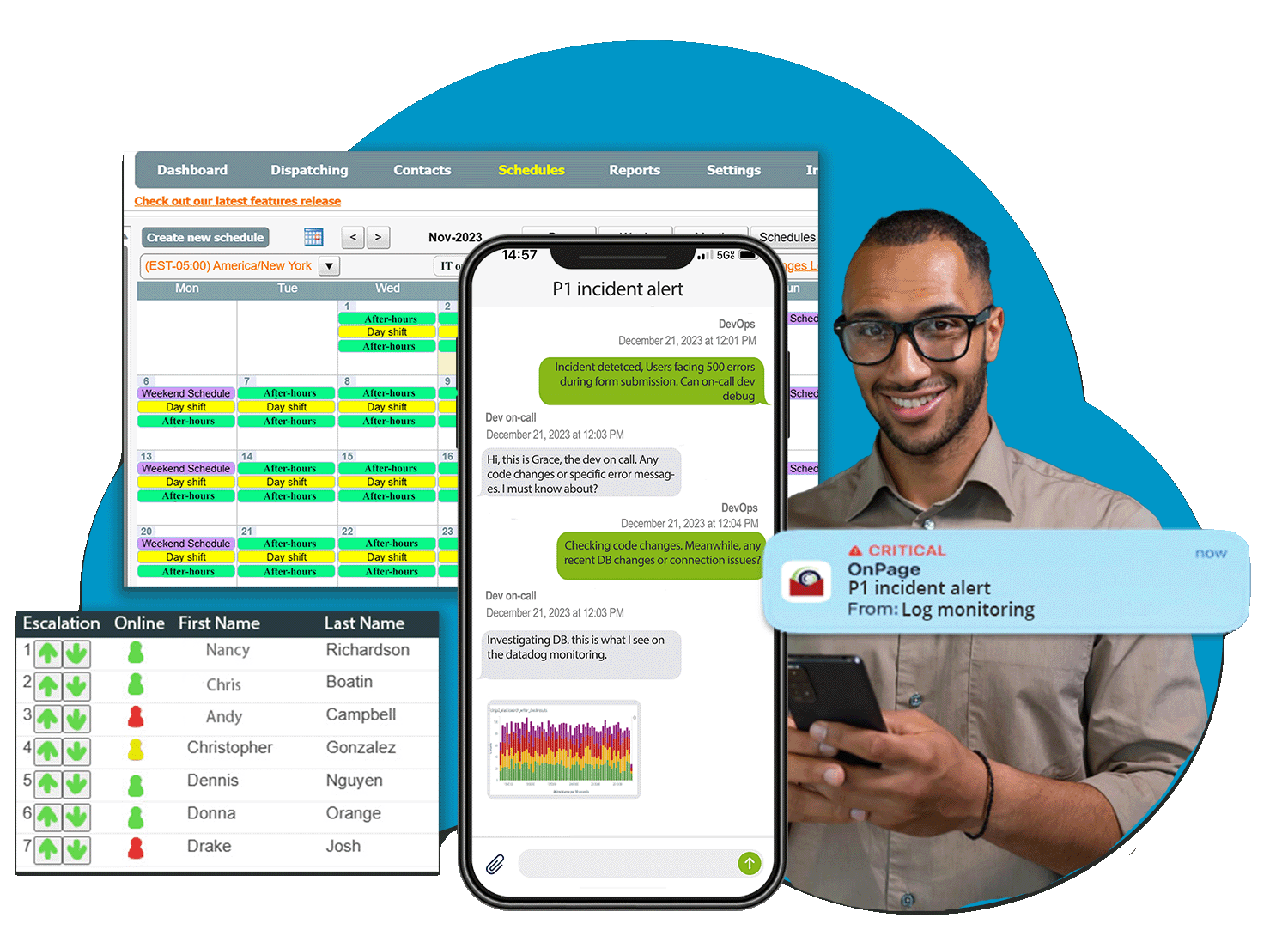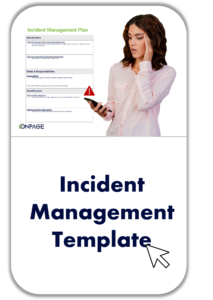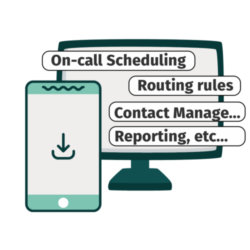.png)
.png)
.png)




.png)
.png)
It is critical for new IT teams to create an effective incident management plan so that they can take a proactive approach to managing the aftermath of incidents in a way that limits damage, reduces recovery times, and mitigates business impacts.
Establishing a strong incident management plan early on can help new IT teams build a robust foundation for future incident management and ensure that they are proactively protecting themselves from threats and vulnerabilities.
Defining the Scope of Your Incident Management Plan
When developing your first incident management plan, teams must identify what types of incidents the plan will cover to ensure that all team members are accurately informed and can take swift action during critical incidents.
Here are some common incidents that IT teams may need to address:
Key Elements of an Incident Management Plan
Identification
Identification is the initial step in the incident management process, when the potential incident is recognized. There are numerous ways to detect anomalies and vulnerabilities including monitoring tools, user reports, and alarm systems. Additionally, many IT teams integrate alerting tools with their monitoring systems to improve the speed at which incidents are identified by on-call responders.


Detection
Once an incident is identified it is crucial for IT teams to quickly assess the incident and determine its severity. This will ensure that response teams can take the proper steps required to successfully restore normal business operations.
Incident Response
An effective incident management plan requires strong incident response processes that will ensure the swift eradication of critical issues. This involves the steps that incident responders take to contain, resolve, and recover from the incident with as little damage as possible.


Communication Procedures
In the case of an incident it is paramount that teams have a robust communication plan in place that is sure to immediately mobilize on-call responders. Most teams employ incident alert management solutions that deliver high-priority alerts right to the on-call responder’s mobile device when an incident is detected.
Post-Incident Review
After an incident has been resolved IT teams must schedule a post-incident review. At these reviews they can evaluate the incident management plan and identify areas that may need improvement. This helps the team to facilitate continuous improvement and prevent future recurrences of similar incidents.

How OnPage Can Significantly Enhance Your Incident Management Plan
Elevate critical alerts – High-priority alerts bypass the silent switch on mobile devices and alert persistently for up to 8 hours until read.
Gain flexible, fail-safe scheduling capabilities – Set up on-call rotations and escalation rules to ensure alerts always reach the right responders.
Escalate alerts based on availability and urgency – Ability to add several channels of communication for redundancy.
Access secure two-way communications – IT teams can seamlessly collaborate on critical incidents and rest assured that their messages are SSL encrypted.
Live Call Routing capabilities – Enable direct access to your on-call staff via live call, voicemail, or SMS over a dedicated number.
Track incident progress in real-time – Unleash trends from post-incident reviews for continuous improvement.












